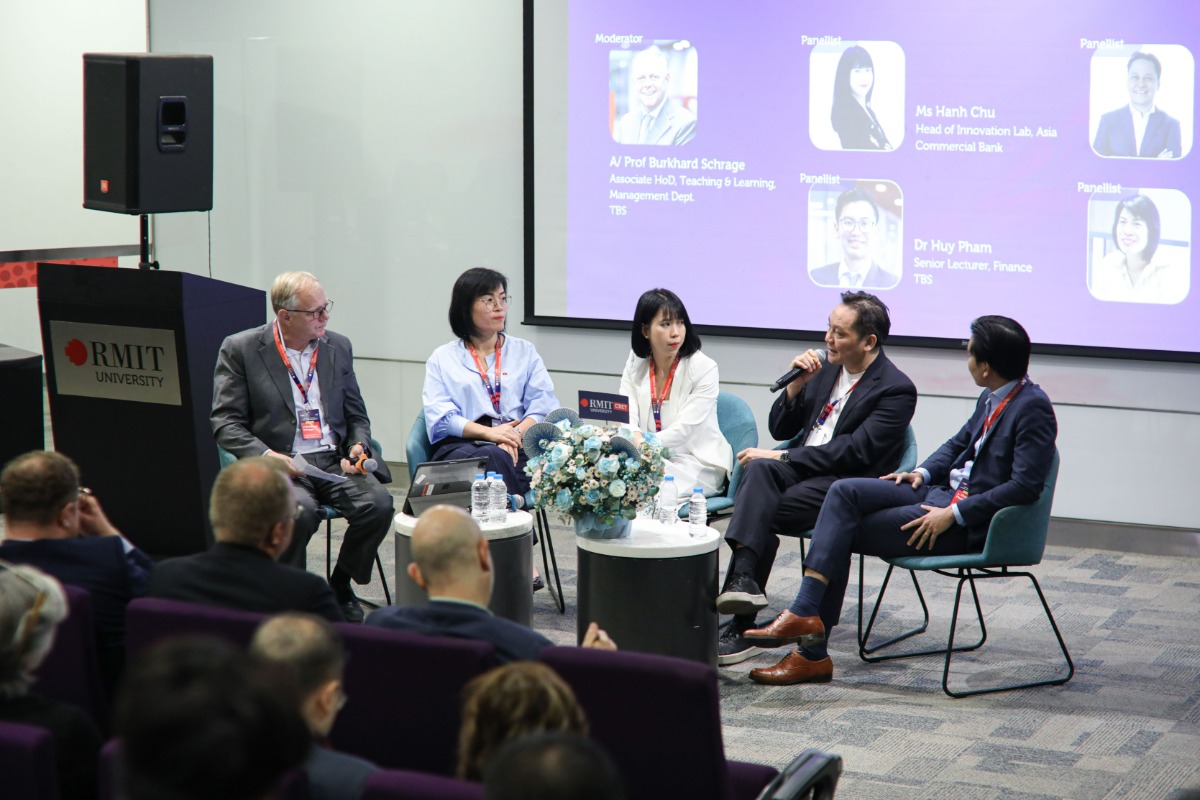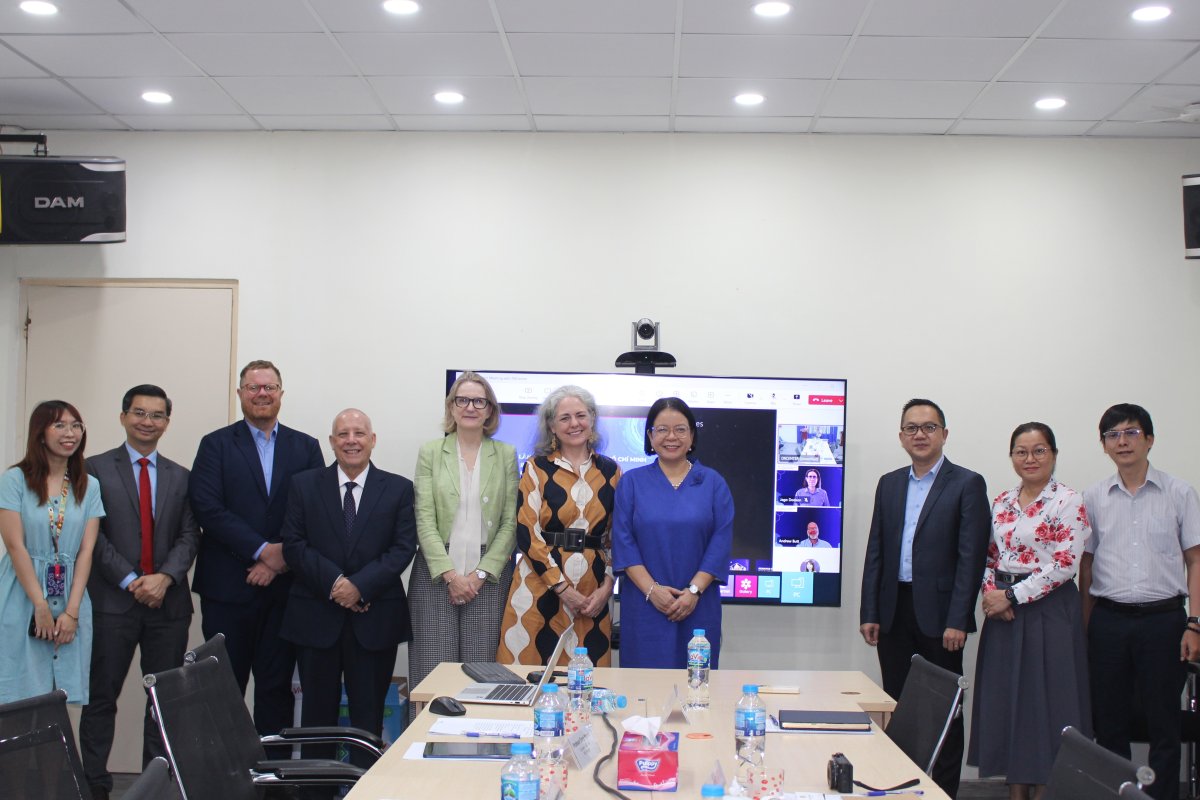Speaking about the implications as Vietnam continues to grow, she continued: “We know that when we integrate into global and regional economies, Vietnam benefits hugely, but we also know that we suffer from critical issues which require special attention from the country’s policy makers. These include inequalities of wealth, over-urbanisation, environmental damage, and mass pollution.”
Giving examples of the pressure the country has been put under by the recent surge in economic activity, she quoted numbers given by Vietnam’s Ministry of Natural Resources and Environment: each day the country produces over 23 million tons of household rubbish and seven million tons of industrial solid waste, all of which is discharged into the environment.
Rather than fall back on a thought paradigm that says richer countries ‘outsource’ their pollution, the challenge, says Dr Ha, is in identifying the shortcomings in the system. Locally, she says these shortcomings are a traditional lack of awareness, an unwillingness to take responsibility, and ineffective governance.
“It’s time now to change the development mindset,” she said, “to work towards promoting economic development in close connection with environmental protection and sustainable development, so that we stop sacrificing the environment for quick profit.”
That said, Dr Ha explained that it doesn’t mean the political will to fix what is a global problem is lacking in Vietnam. At a recent Online Environmental Protection Conference including sixty-three localities, Prime Minister Nguyen Xuan Phuc gave strong indications that the country would move towards a more sustainable model of economic development, something Dr Ha said was encouraging.
“The environment cannot be destroyed for the sake of social economic development,” said Prime Minister Phuc. “In that spirit, we will not attract investment by all means, and will pay attention to the environmental criteria when we choose investment projects.”
Dr Ha’s paper including empirical framework, data and discussion is available to read online.
Story: Jon Aspin





